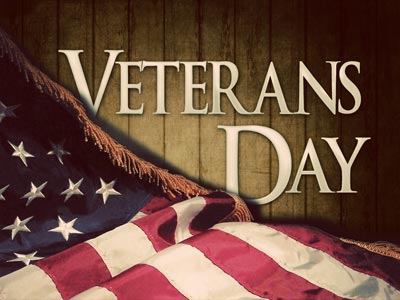-
Remembrance Sunday
Contributed by Matthew Oliver on Nov 28, 2017 (message contributor)
Summary: A meditation on the place of violence in the world, and the Christian encounter with that and the soldier
Daniel 2:1, 26-28, 31-45; Psalm 2; John 18:33-19:11
We are pausing for a moment today as a community of faith to consider those who have suffered the violence of conflict. Our national day of Remembrance, November 11, is specifically focused on the memory of soldiers, but as Christians our call is broader as we are to intercede for the entire suffering of the creation. I usually preach on this day, partly because of twenty years of service as a soldier (not a chaplain), but also because of my own life-long engagement with the intersection between faith and violence and the cost of that violence. Through the grace of God and this community, I’ve also been progressively working through the impact of military service on my life, as I seek God’s grace in that question of how violence shaped me. These are never easy to deliver, because it involves me opening parts of my life I would rather not deal with. We have cause to be thankful for a personal story of soldiering this day, from the Horncastle family, as we look on these two chandeliers in a new way.
We start with Daniel’s prophetic revelation to King Nebuchadnezzar about a dream that has caused the king much troubled thought and no small degree of insomnia. Nebuchadnezzar has seen an image of a remarkable statue: huge, brilliant and extraordinary. The statue is made of all the known metals from precious to plain, with feet made partly of clay. It is a strange thing to see as the feet of a metallic statue, but more on that in a moment. A stone is cut out by God, which strikes this extraordinary statue and destroys it so that no trace of any of the metals can be found. What is left is the stone which became a great mountain that filled the whole earth. This is a prophetic unveiling of what is to come, the rise and fall of kingdoms and kings, ultimately to be replaced with God’s kingdom that will never be destroyed. God will prevail.
Ultimately all the kingdoms of the earth have clay feet, and as magnificent as we see the great things that we can do, these will fall. I’m keenly aware of this as an engineer, as I have already seen in my short years the passing of things which were great, to something forgotten and abandoned. Daniel’s retelling of the vision is a reminder to us that our ultimate hope rests not in the smarts of humankind, but in a lonely God who died on a lonely hill in the Middle East, only to rise again as the saviour of all. It is easy now, with Daniel’s vision in mind, to perhaps simply dispense with all of the wars and rumors of wars as the feet of clay of humanity, knowing that it will all become as chaff on the threshing floor. I’ll suggest that we, as Christians, are called to more than a simple forgetting. Because we follow a suffering Christ, we are also called to engage the suffering of the world in a way that is as radically different as all aspects of our faith.
Unfortunately, the church’s relationship with soldiers have varied from the one extreme where the church endorses all the military does (thinking here of the consenting Lutheran church in Germany just prior to WWII), to rejecting all soldiers as un-redeemable because they have chosen a path of violence. Neither fulfills the call of Christ. In the past I’ve talked about how my faith was formed primarily through my training as a soldier…sure I’ve done a bunch of schooling and learned lots of fancy terms and theology, but the actual day-to-day hard work of being a Christian in a sometimes hostile world and of being a priest…well, that I learned through my formation as a soldier. It may be a very challenging thing for you to hear if you’ve never thought about the military as a crucible of faith. In particular, my time in uniform left me with a visceral theology of suffering, in fact, it is what keeps me going as a person who still bears the pain of military injuries. Those military things, redeemed by Christ, have made me the person of faith I am today.
I’ve also talked about our calling as professional rememberers. One calling of the church is to remember the sacrifices of others, and the cost of violence, and to call our nation to recollect those things. But what are we supposed to make of these soldiers? By stereotype, these are rough men and women, who do things that we would not dream of doing. We are also called to a place of prayer for all those who suffer, which includes not only the victims of violence, but also those who are undone through exposure to that violence.

 Sermon Central
Sermon Central



